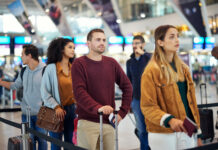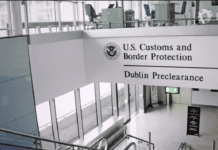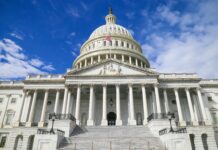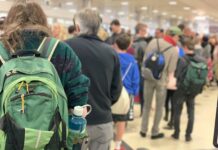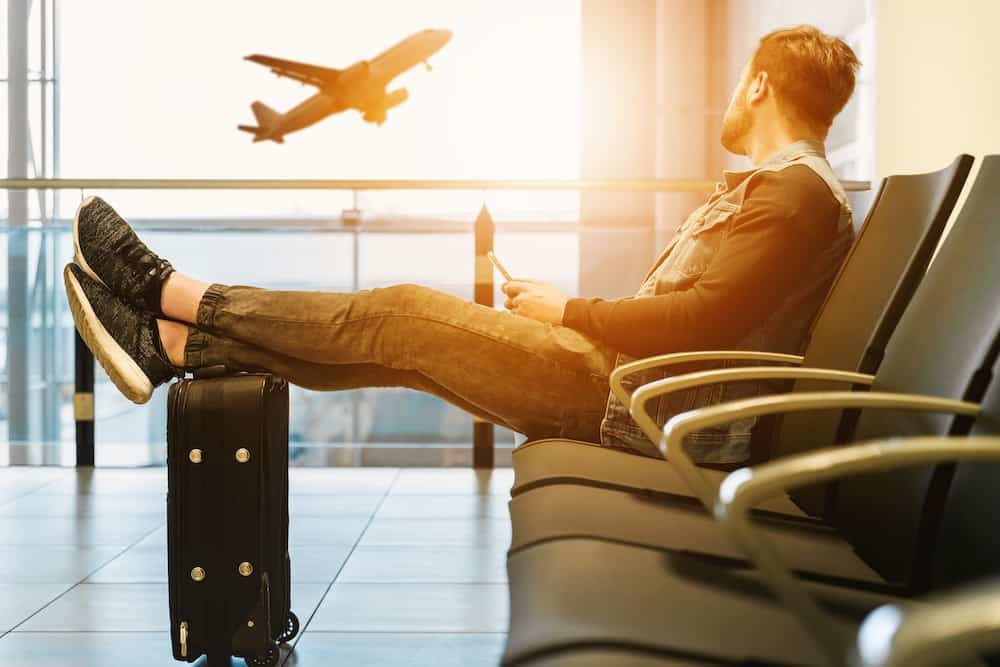
More than a month into the government shutdown (now the longest in history) the question remains: What exactly does this mean for meetings?
Note: This article was updated on Jan. 23 to reflect the most recent information on the shutdown.
Of course, there are the obvious effects on government meetings, which will have a hard time getting speakers and attendees who aren’t working to attend. Same goes for technical meetings that have government professionals who are speaking at or attending the events.
Transportation is also of utmost concern, with reports of longer lines at airports due to fewer employees. While Transportation Security Administration (TSA) agents are technically considered “essential employees” and therefore required to work, they are required to do so without pay. Since the shutdown has gone on for so long, employees are claiming that they are unable to report to work due to “financial limitations,” with at least 2.5 percent more unscheduled absentees than last year, according to a statement from TSA on Jan. 16. (That number reached to 10 percent compared to last year’s 3.1 percent as of Jan. 21.) That said, the TSA also reports that national average wait times are within the average 30 minutes, albeit not at all airports.
While it’s important to advise attendees to get to the airport early to factor in delay times, the on-ground delays aren’t the only problem. The shutdown also means there is a lower total capacity at which air traffic controllers can manage, leading to flight delays, according to a statement from BCD Travel, a global corporate travel management company.
As for the travel industry as a whole? Only time will tell how much the shutdown will cost the travel industry, but during the 2013 shutdown, the U.S. Travel Association reported a $152 million loss in travel spending per day.




